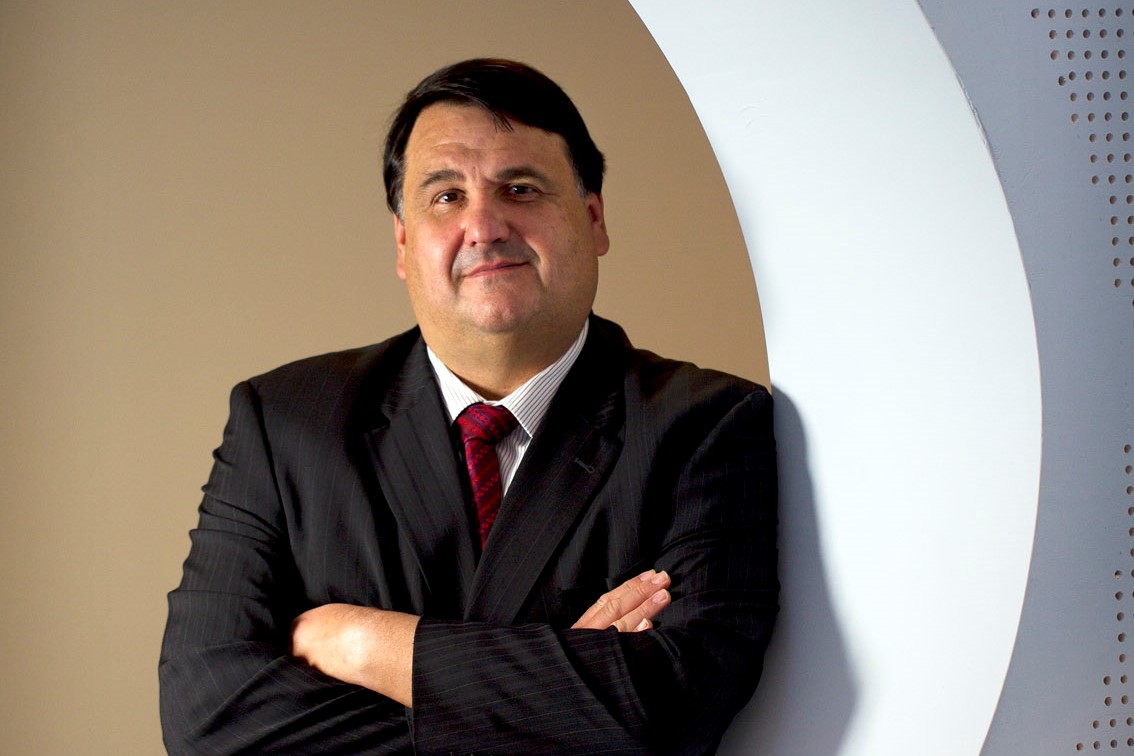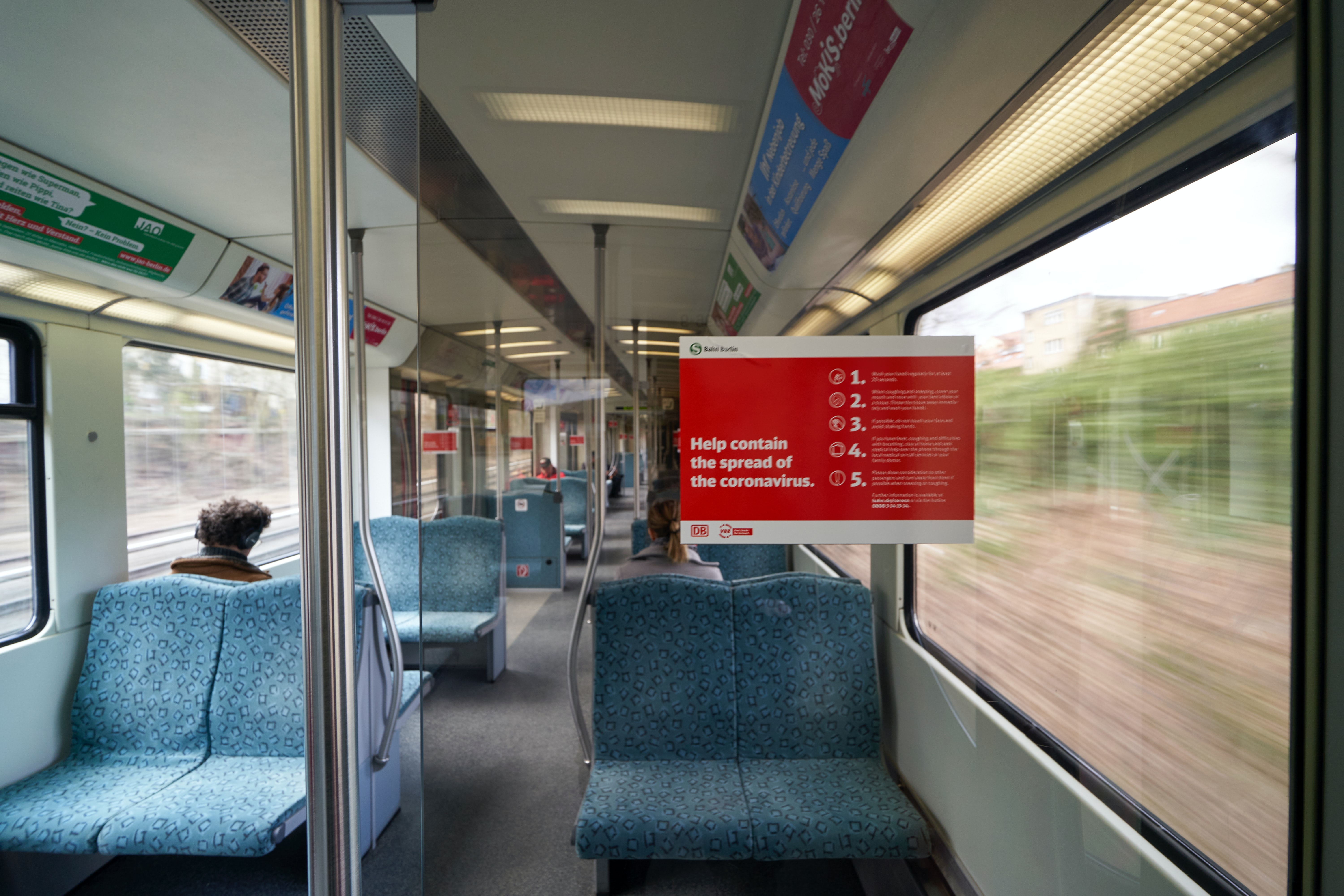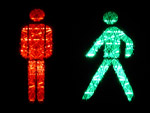How to deal with physical distancing – tips from outer space

Last Sunday, when we all got the government alert on our mobile phones to stay at least 1.5 metres away from each other, we were reminded to ensure ‘social distancing’ as a measure to prevent the spread of COVID-19. We must follow this advice as it is in our common interest. Although, I don’t like the use of ‘social’ in this context, as I’m convinced that social contacts, be they online or at a distance are especially important in these times. As it has been suggested by others, I prefer the term ‘physical distancing’ to describe this need.
Many of us also are working or studying from home, which has restricted our movements and created new challenges. ‘How should we deal with this phenomenon?’, which is best described using the German term ‘Hüttenkoller’ (the stress of being refined to a small space, probably most akin to ‘cabin fever’), is something we frequently ask ourselves. And we are concerned that this situation may be prescribed for some time. In a recent piece in the New York Times, some practical tips were provided by Scott Kelly, who has lived in probably the most extreme conditions as an astronaut on the international space station for one year. Of course, his was a highly artificial scenario, with no kids staying home from school who need to be entertained or grandparents in the neighbourhood who have to be taken care for. Nevertheless, despite the fact that his suggestions are pretty basic, I found the recommendations useful and they have helped me and my family to deal with this situation. Therefore, I’m sharing them here.
- Follow a schedule.
Try to follow the same daily routine as much as possible, to get into a routine while working from home. I’m doing this, for example, by getting up every day at 06.00, having breakfast and turning on my computer to answer my emails. I’m also following, by and large, the same daily schedule that I follow during ‘normal’ times. - Pace yourself.
Blend in a good mix of daily activities that make staying home more fun—joint movie nights with the family, board games or games online. But also, make sure that you go to bed at pretty much the same time. Sleep deprivation can cause more stress in these conditions. This is tougher than you think and I had problems adjusting initially but, in the end, this has helped me to adjust. - Enjoy the outdoors.
Go outside every day (impossible to do in a space station!) but keep physical distance. Get some fresh air, even if it is only by opening the windows. I’m lucky to have a small garden and I work on it every weekend and spend some time there every day—sometimes only for 10 minutes—but breathing the cold, fresh air really helps. - Start or re-start a hobby.
Many of us have learned to play an instrument at one time. Why not reactivate that skill or others that we have put aside over the years? I’m currently archiving all of the digital photos we’ve taken over the last 10 years (more than 8000) and putting the good ones in photo albums, something I’ve wanted to do for years. - Keep a journal.
This gives some structure to the day in addition to providing a personal record of the details of this unique time in history. I must admit that I have not started doing this yet, but you don’t have to take on all the advice at once—don’t rush yourself. - Connect.
Use videoconferencing or make phonecalls to reach out to friends and family. Reconnect to people that you were too busy to reach out to before. This is something I’m enjoying, reaching out to old friends all over the world to feel socially connected. I’m regularly calling my 88-year-old mother who is in quarantine in a retirement home. It feels good—for her and for me. - Listen to the experts and do not believe the fake news.
Of course, this is a must. There are so many ‘alternative facts’ floating around that we should make it a principle to only take seriously those that have a strong scientific basis. Working and studying at a university, this is an easy one for us.
Although these recommendations may seem trivial, they have helped me to organise my life under these special circumstances. You may say, ‘If he is doing all this, is he still working?’. The trick is, you don’t have to do them all, every day. And just spending a few minutes each day on some of them will help. This situation of self-isolation and physical distancing is not like a vacation. It is tough on everybody and we have to work even harder to balance work and private life. But surprisingly, it’s the little things that help most—I suggest that you try some of them. And remember, it could be worse—you could be floating alone in a capsule in outer space.
Amidst this COVID-19 crisis we are all bombarded by the news channels – often also with information on medical issues. These news items include unfiltered and even dangerous information, for example on social media. In this context I will provide this medical blog where I share my thoughts, and aim to focus on evidence rather than on hype. These are personal opinions that should provide some food for thought for our academic community. They are not intended as formal statements by the executive board.
Other blogs:
Also read
-
After an exhausting few months in the ‘COVID-19 era’—as we can call it now—after months of hard work and the stress of dealing with a pandemic, everybody is looking to take a break during the summer. But unlike in recent years when we could plan our summer vacation months in advance, this year it...
-
It feels sometimes as if the whole world of science is working exclusively on finding a cure for COVID-19. If you are looking at the search for an effective vaccine, it was recently published in The New York Times that more than 130 vaccine candidates are currently in the pipeline, which is still...
-
In the current phase of the COVID-19 pandemic, countries across Europe are fortunately seeing a decrease in detected infections, hospital admissions and deaths. This is the effect of lockdown policies with different elements but with the common denominator of social distancing, travel restrictions...



